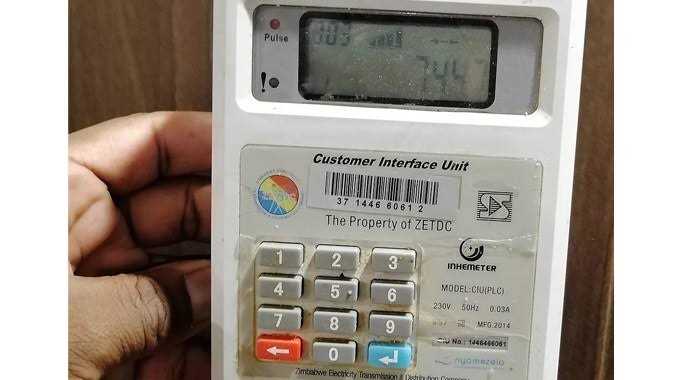
The Environment - The Economic Commission for Africa is championing the creation of regional stock exchanges for carbon credits to address trading inefficiencies faced by individual countries. Antonio Pedro, UNECA’s Deputy Executive Secretary for Programme Support, highlighted that the proposed stock exchange would operate in local currencies, leveraging the Afreximbank’s PAPs for settlement support.
Pedro shared insights on the ongoing discussions for integrating carbon credit bonds as an asset class on regional exchanges, emphasising the potential to overcome challenges related to capacity, tradability, efficiency, and transparency.
In partnership with various development entities, the ECA is evaluating potential locations across Africa for these stock exchanges. Moreover, the Commission is working with the Congo Basin Climate Commission to initiate a carbon credit register for the region, recognising Africa’s significant carbon storage capabilities, especially in the Congo forests, which absorb approximately 1.2 billion metric tonnes of CO2 annually.
Related Stories
Pedro expressed optimism about Africa’s prospects in developing a voluntary carbon credit market that could enhance climate initiatives while generating value and promoting sustainable community livelihoods. He pointed out the current undervaluation of African carbon credits in the global market and stressed the continent’s potential to dictate fairer prices, especially given the Congo’s remarkable carbon sequestration capacity.
Meanwhile, Zimbabwe is advancing towards establishing a robust carbon credit market framework, with trading primarily occurring through the Reducing Emissions from Deforestation and Forest Degradation initiative, alongside non-forest carbon credit projects in renewable energy and clean cooking technology.
The Ministry of Environment in Zimbabwe has received 13 applications for new carbon credit projects spanning forestry, regenerative agriculture, waste management, and energy efficiency. Six of these projects have successfully passed the Climate Change Management Department’s review, moving forward to the detailed design phase. Additionally, a review of eight existing projects recommended realignment with the SI 150 criteria for 2023, which allows the State to retain up to 30% of carbon credit earnings, benefitting investors with the remainder.
Pedro also mentioned the exploration of launching biodiversity credits, a new market opportunity that could position the continent as price setters in this emerging field. Biodiversity credits aim to enhance biodiversity through restoration efforts without offsetting losses, potentially attracting both public and private investment into nature conservation.




















Leave Comments